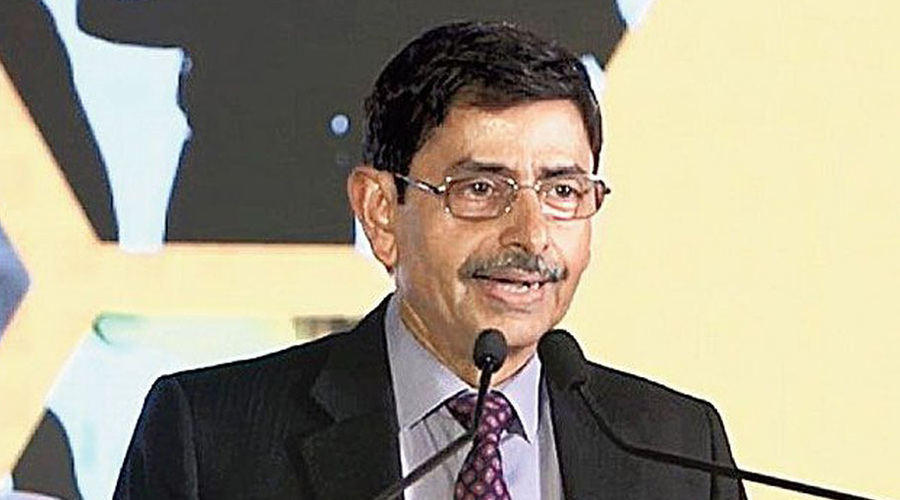The National Socialist Council of Nagalim (I-M), the Nagaland-based organisation which is in peace talks with the Centre, has decided to reduce the “tax” it imposes on residents of the state in view of the Covid-19 pandemic.
A senior NSCN(I-M) leader told The Telegraph on Monday that the reduction of “tax” from five per cent to three per cent by the group is only for contractors operating in the state. The “tax” will be calculated on the work order, he said. There are over 500 contractors in the state.
The NSCN(I-M)’s announcement assumes significance because it comes amid a row triggered by a letter written by governor R.N. Ravi to chief minister Neiphiu Rio over the “grim” law and order situation in the state on June 16. Without naming anyone, Ravi spoke of law and order problems over “extortion by armed gangs”, which the NSCN (I-M) has taken exception to.
The group, which signed a Framework Agreement with the Centre in August 2015 to end the decades-old Naga political problem, announced its decision to “reduce tax” in a statement issued on Saturday but it did not specify who would benefit from the move or the cycle of payment.
“This is for general information that in the context of the prevailing Covid-19 pandemic crisis and the economic slowdown that followed because of the continuing lockdown, the 5% tax payable to the Government of the People’s Republic of Nagalim (GPRN) shall henceforth be reduced to 3% with immediate effect,” the NSCN(IM)’s statement said.
The Dimapur Chamber of Commerce and Industry was among the first to flag the issue of rising extortion during the pandemic. It said
Naga National Political Groups (NNPGs) were demanding tax item-wise, making it difficult for the business community to operate. There are seven NNPGs, which joined the peace talks with the Centre in 2017.
The governor’s letter had highlighted the “unrestrained depredations by over half-a-dozen organised armed gangs, brazenly running their respective governments, challenging the legitimacy of the state government without any resistance from the state law and order machinery.” Ravi, who has been an interlocutor in the peace talks, also said the rampant extortion and violence by the armed groups had sparked panic.
He said contractors of the National Highway Infrastructure Development Corporation Limited (NHIDCL) working on the NH-29 four-lane project, had complained of armed gangs stopping work unless five to seven per cent of the project cost was paid to them as ransom. Those defying or delaying payment were abducted or assaulted, Ravi’s letter said.
On June 27, NSCN (I-M) reacted to Ravi’s letter, which was visible on social media on June 25, by denying extorting money but said it “levied legitimate taxes” on the people.
“Taxes have been the source of sustenance that has brought the Naga political movement this far...legitimately acknowledged by earlier interlocutors and Indian authorities,” the NSCN (I-M) said.
Collection of taxes for the Naga cause is as old as the Naga political issue, sources said. Government staff, vendors, contractors, shopkeepers and property-holders all have to pay to the different groups, including the NSCN(I-M).











